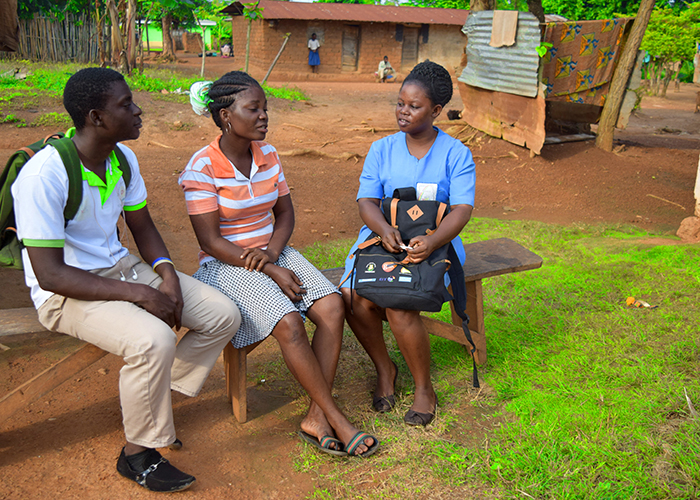Community Health Workers (CHW) Success Story

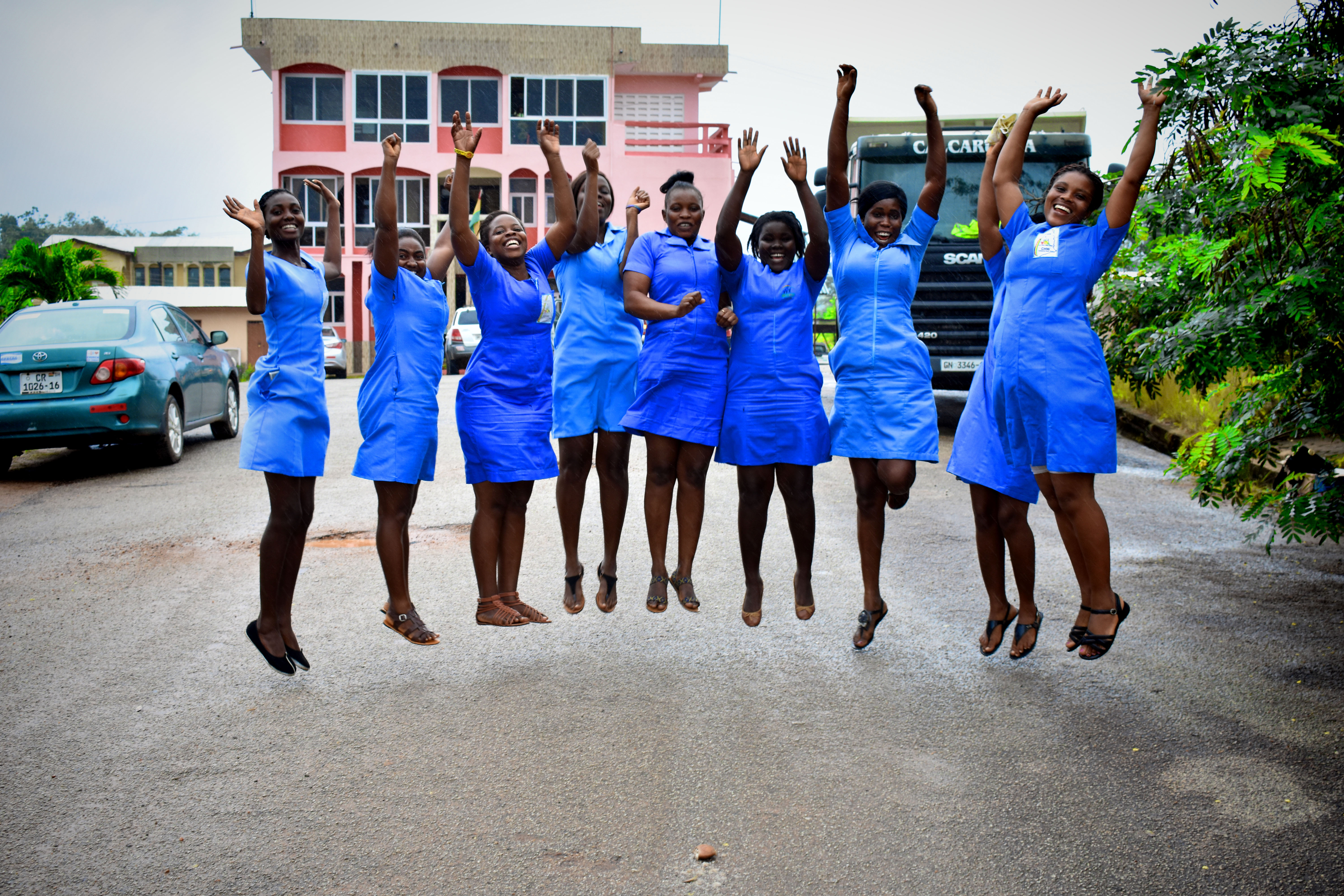
Development of Operational Guidelines for the next batch of Community Health Workers.
1mCHW Campaign/MPA is working with the Ghana Health Service to develop a national Operational Guideline for the next batch of CHWs. This will complement other CHW Guidelines and Training Manuals currently in operation. In 2019, 1mCHW Campaign/MPA partnered with UNAIDS, the Youth Employment Agency (YEA) and the Ghana Health Service (GHS) to review the Implementation Guidelines of the CHW programme and ensure stronger linkages of CHWs programme with the UNAIDS 90-90-90 HIV targets and universal health coverage. The meeting also discussed the nature and scope of the CHW Programme, reviewed the National CHW Implementation Guidelines to
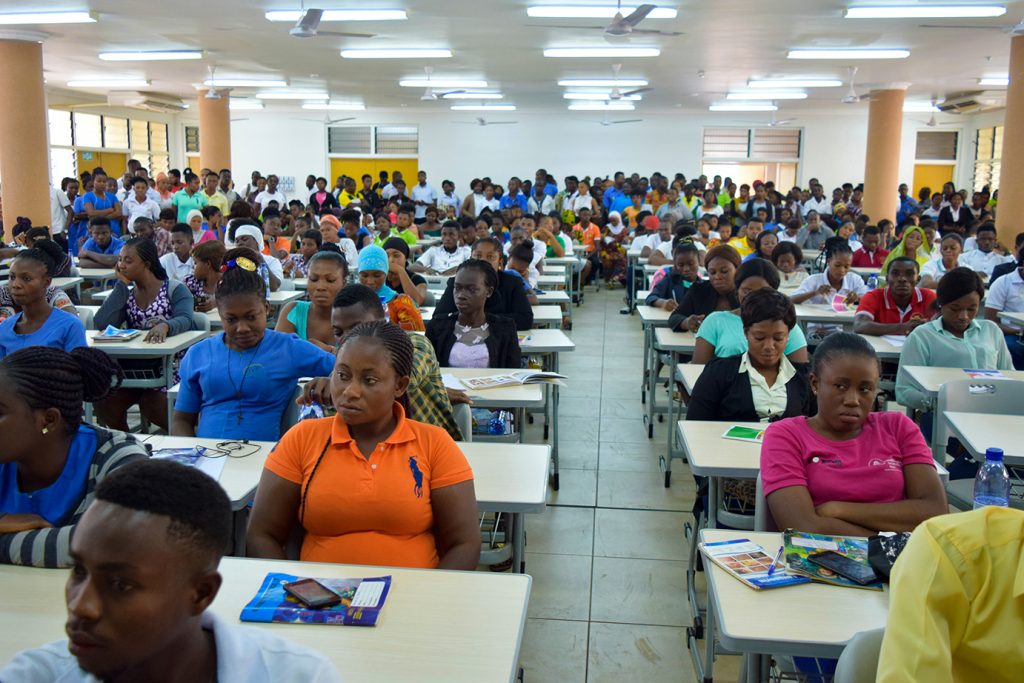
reflect experiences from the previous phase of implementation as well as current evidence on best practices. About 50 participants attended the meeting. A Technical Working Group (TWG) was constituted at the end of the consultation to finalize the CHW Guidelines and revise the CHW Training Manuals. The TWG held two working sessions as outlined below.
Review of CHW Training materials undertaken in third quarter of 2019. A total of 20 separate documents were reviewed, including:
- • Three modules of the CHW Facilitators manuals
- • Three modules of the CHW Participants manuals
- • Three modules of the Job Aids
- • The CeTracker User Manual
- • Eight booklets of the CHW visit
- • The CHW counseling cards
- • CHW hand book
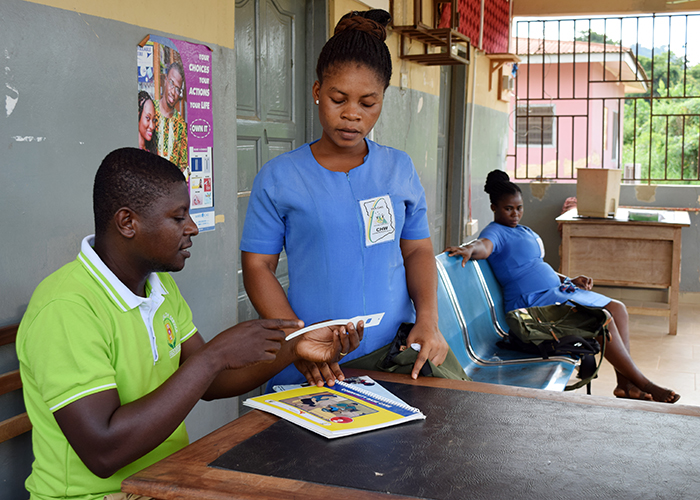
1mCHW Campaign/MPA supported the national and cascade training of health workers for the school health screening exercise. 1mCHW Campaign/MPA led the training of Trainers Workshop on School Medical Screening for 90 health officers in Kumasi in September, 2019. The Government of Ghana in 2017 launched the School Health Screening for pre-tertiary students across the country with the goal to ensure optimal health, nutrition and wellness of the students and contribute to improved learning outcomes. Since the inception, 1mCHW Campaign/MPA has been collaborating with the Ghana Health Service and Ghana Education Service to provide health screening for the students. 1mCHW Campaign/MPA produced a documentary to share the success story of the CHW Program.
Five regions were selected for this exercise thus, Ashanti, Upper East, Northern, Central and Greater Accra regions. The goal was to create an advocacy, storytelling tool that the YEA, GHS and 1mCHW Campaign/MPA can use to rally support for additional funding. The “success spotlight stores” identified four core angles the CHW program has made an impact: Job satisfaction, Acceptability in the health sector, Community members wellbeing and Closing or filling gaps in access to healthcare. Various stakeholders from national to the household level indicated that the CHW Programme is a game changer to solving lots of health challenges at the community and household levels, thereby enhancing CHPS’ capacity to achieve universal health coverage.
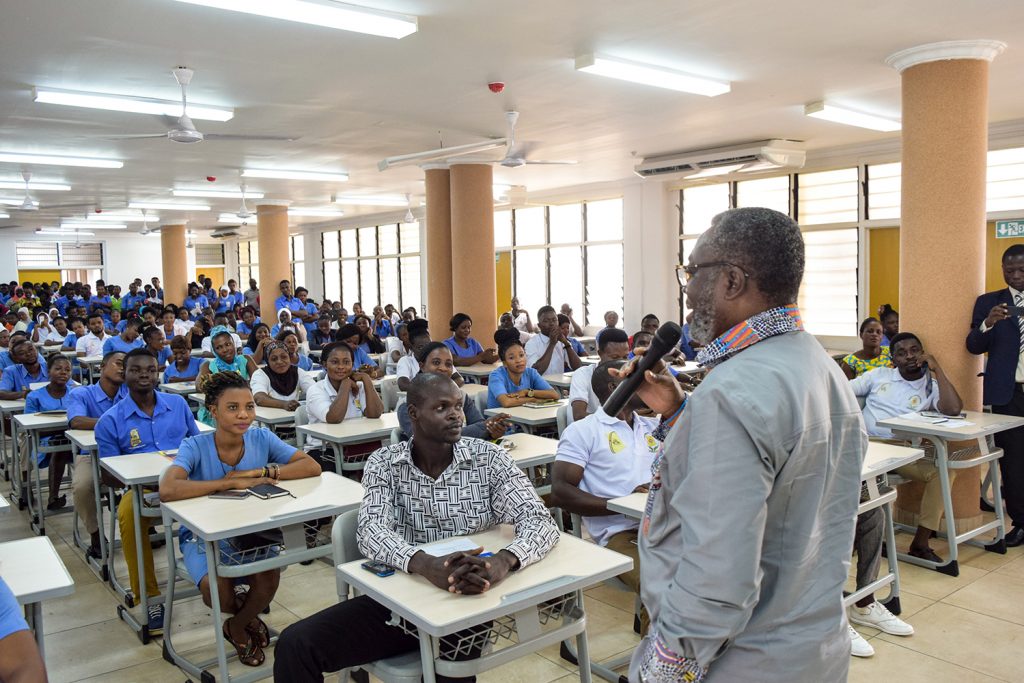
Partnership with Ghana Red Cross Society (GRSC). The search for sustainable solutions for the CHW programme led 1mCHW Campaign/MPA to partner with the Ghana Red Cross Society. An MoU was signed in December, 2019 to strengthen the GRCS’s Community Health Volunteers which has over 60,000 members with presence in all regions of the country. The programme has a strong community-based presence and high sustainability potential. Under the MoU, 1mCHW Campaign/MPA will support redesign the GNRS health volunteer programme to situate it properly within a “One Health” Context, adapt the national CHW Implementation Guideline and Training Manuals, Build capacity of the community health volunteers and their supervisors, map and link volunteers to the primary health care systems, provide logistics (smartphones, backpacks, and commodities) for service delivery and monitoring.
The CHW endline evaluation was conducted in November 2018 and completed in 2019. The surveys were conducted within the seven pilot districts, namely Amansie Central, Amansie West, Asokore Mampong, Bosome Freho, Ejura Sekyidumasi, Sekyere Central and Sekyere Kumawu. Data were collected using household-based paperless quantitative survey methodology with questionnaires programmed on Android tablets used by the survey enumerators. Overall, the endline evaluation assessment revealed that the project had taken important strides in the positive direction in terms of developmental gains delivered to the project’s beneficiaries.
